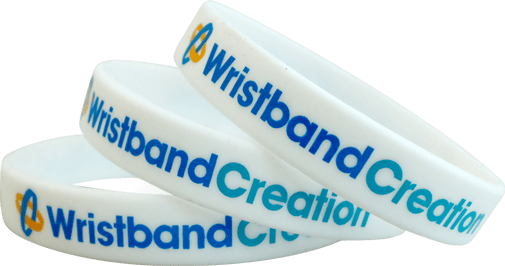
As one funny slogan on the web puts it: “Feel it up, feel it down—silicon is all around!” It’s a fitting introduction to silicon, the 14th element of the periodic table and the second most abundant element (behind only oxygen) found on the crust of our planet.
But silicon is not to be interchanged with ‘silica’ and the distinctly-spelled ‘silicone.’ Silica is commonly employed in brick, glass, and ceramic materials. On the other hand, you’d find the polymer silicone in products like silicone grease, heat insulation devices, and the ubiquitous promotional silicone wristband.
What’s the difference between the two similarly spelled byproducts of silicon, how is a material like silicone made, and what applications can be derived from it? Read on for a simple breakdown of how industries work with these substances—and just how common a material like silicone is in our daily lives.
The Difference between Silica and Silicone and How They are Made
The word “silicon” originates from the Latin silex, meaning “flint” or “boulder.” Indeed, some people associate silicon with the hard byproduct of silica, the dioxide form of the element (SiO₂). Silica is always found as an alloy to other metals and crystallizes in forms like quartz sand. This iteration of the silicon element can be used in glassmaking, ceramics, and pottery.
On the other hand, silicone is a bonded synthetic substance that nonetheless utilizes silica as a base ingredient. Silicone polymers are produced through a siloxane bond (Si–O–Si) coupled with other organic compounds. What comes out of that equation is silicone in either a liquid form or a dexterous, rubberlike plastic solid form.
It’s enough to say that these two substances take on different forms. Despite this, silica and silicone still share common properties, including heat resistance, low toxicity levels, toughness, and adaptability.
A Wide Range of Applications for Silicone
To produce silicone, silicon must first be isolated from silica by heating quartz sand. This process yields pure silicon, which is then powdered, heated, mixed with other chemicals, and distilled until it attains the qualities that the manufacturer is aiming for. Silicone is notably easy for manufacturers to work with due to it being inexpensive, pliable, and long-lasting. To this end, industrial sectors like the following employ silicone in their products.
- Medicine and medical technology. Silicone material is a key component in the manufacturing of medical tools and equipment and is common in both single-use and reusable devices. Among the implements that contain silicone are surgical implants (silicone shells filled with a plastic gel), bandages, and catheters.
- Personal care. Silicone is also widely found in hygienic and personal care products like shampoo and shaving cream. These said products take advantage of silicone’s water-soluble and lubricating qualities. The silicone ingredient also reduces buildup and soap suds.
- Kitchenware and home improvement. The heat-resistant and flexible qualities of silicone make it a popular material for spatulas, tongs, pot holders, and cookware coatings. Silicone grease ointment is also good for use on plumbing pipes, as it is a very efficient sealant of liquid.
- It’s been a while since rubber accessories and rubber jewelry made a debut, but they’ve since seen a comeback. There’s no harm in wearing silicone-based fashion accessories—if anything, you’d worry much less about breakage and wear-and-tear than when you’re wearing the more expensive stuff.
- Advertising and promotion. This is perhaps the most noticeable use of silicone, as sporting event organizers and non-profits often distribute silicone wristbands as event wristbands in their campaigns. Silicone wristbands are still very much in demand as they can be customized, are inexpensive to mass-produce, are easy to distribute, and can inspire quick message recall.
Silicone has proven to be a versatile component of many items we use commercially and at home. While we may not notice how often we use silicone implements or products, our lives would be considerably uncomfortable without this durable yet pliable material.

